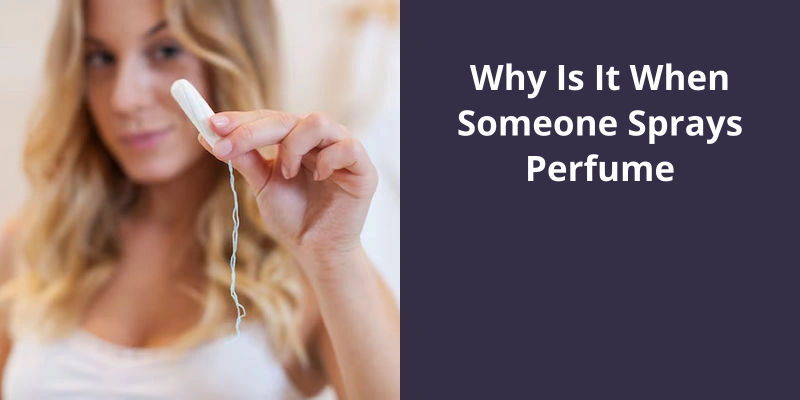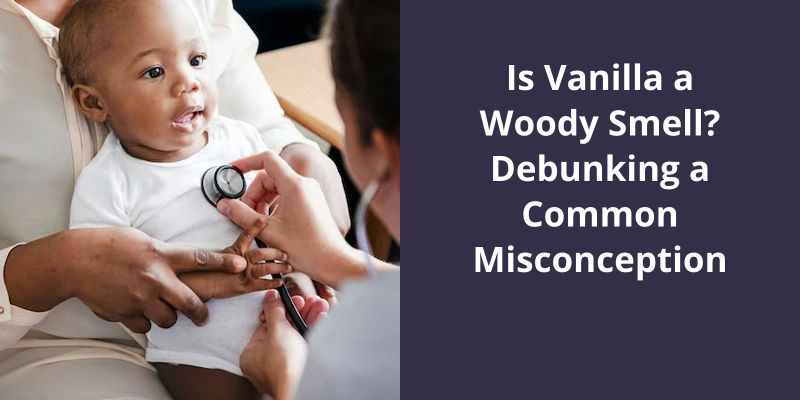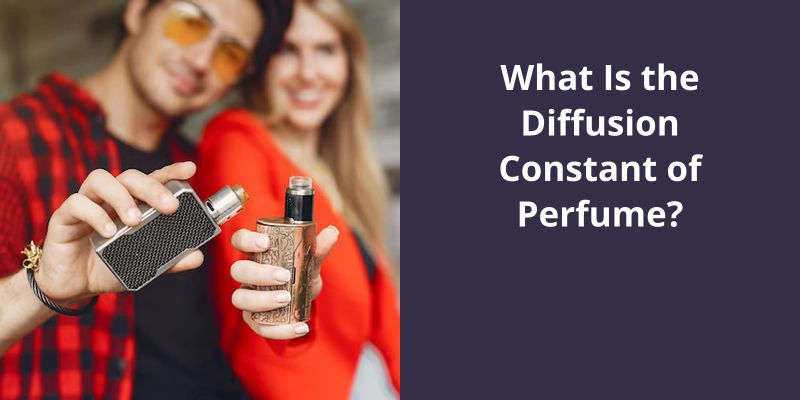Perfume is a ubiquitous part of our daily lives that’s almost impossible to avoid. It's a popular product that we often use to enhance our aroma or make a statement with scents. However, have you ever wondered why a single spritz of fragrance can permeate an entire room? The answer lies in the chemical composition of perfume and how it interacts with the atmosphere around it. Perfume isn’t just a liquid that clings to our skin or clothing. It's a complex mixture of volatile compounds that evaporate quickly into the air, creating a mist of microscopic particles that float around us, entering our noses, and making their way to our olfactory bulbs. In this article, we will explore the science behind the spread of perfume and why it's so hard to resist it’s alluring aroma.

Does the Smell of Perfume Spread in a Room?
The process of diffusion is the reason why the smell of perfume can easily spread in a room. It works by causing the perfume particles to mix with the air particles and disperse throughout the entire space. These particles, when set in motion, can move at an incredibly high speed and can travel in all directions, which makes it easier for the scent to disperse with ease.
A larger room with ample ventilation would allow the fragrance to spread more rapidly as the air molecules would circulate freely through the space carrying the perfume particles along with them.
Apart from this, the type and strength of the fragrance of the perfume in question would also determine the rate at which it spreads. Stronger perfumes have a higher concentration of scent which makes them more aromatic and easy to detect.
Understanding the phenomenon of nose fatigue is crucial in the perfume industry. It’s peculiar how a fragrance that was overwhelmingly pleasant initially can disappear after a few minutes and make one question whether they should reapply it. In this article, we will take a closer look at the causes of nose fatigue and how you can avoid it.
Why People Can Smell the Perfume After Some Time?
Have you ever noticed how after applying your favorite perfume, the scent seems to disappear after a few minutes? This phenomenon is commonly known as nose fatigue, also called olfactory adaptation. It happens because our olfactory system, the sense of smell, registers the scent and then gets desensitized to it over time.
To understand why this happens, we need to know how smell works. When we inhale, the odor molecules stimulate olfactory receptors located in the upper part of our nose, sending signals to the brain, which produces a perception of the specific scent. However, the receptors become less responsive after prolonged exposure to the same smell, leading to a reduction in sensitivity.
Compared to other senses, such as sight or hearing, our sense of smell is relatively weak. It’s estimated that we can distinguish over 10,000 different scents, but only a handful of them at a time. This is because our olfactory system is designed to detect new, unfamiliar smells rather than continuous ones. In other words, our nose quickly becomes blind to familiar scents, allowing us to focus on identifying new and potentially dangerous odors in our environment.
While nose fatigue is a common experience, it can be influenced by various factors, such as the strength of the scent, the duration of exposure, and individual differences in sensitivity. It’s also important to note that although we may not perceive a scent after some time, it doesn’t mean that it’s no longer present; the odor molecules are still there, but our brain simply stops actively processing them.
It allows us to focus on more relevant and new odors, while ignoring those that pose little threat or interest. By understanding how our sense of smell works, we can appreciate the complexity and richness of the scents around us, and perhaps even learn to recognize them better!
The Science Behind Different Perfume Concentrations (e.g. Eau De Toilette vs Eau De Parfum) and How They Affect Scent Intensity Over Time
- Perfume comes in various concentrations, including eau de toilette (EDT), eau de parfum (EDP), and pure perfume.
- EDT has a lower concentration of fragrance oils than EDP, typically around 5-15% compared to 15-20%.
- As a result, EDT scents tend to be lighter and wear off more quickly than EDP scents.
- EDP perfumes, on the other hand, have a higher concentration of fragrance oils and can last longer on the skin.
- Pure perfume, also known as extrait de parfum, has the highest concentration of fragrance oils (often 20-30%) and can provide the longest-lasting scent.
- The concentration of fragrance oils affects not only the longevity of the scent but also it’s intensity and complexity.
- When choosing a scent, consider not only the concentration but also the notes and how they interact with your body chemistry.
Source: What does it mean when you smell someone’s scent …
Conclusion
As these gas particles collide with the air molecules, they bump into each other and eventually reach our noses where our smell receptors pick up the scent. Thus, it's not surprising that when someone sprays perfume everybody in a room can smell it. In fact, the science behind this phenomenon is quite fascinating, as it demonstrates the unique behavior of chemical compounds and their ability to interact with the air around them. Ultimately, the next time you catch a whiff of someone's fragrance from across a crowded room, you can now appreciate the scientific explanation behind how it manages to reach your nose so effectively.





